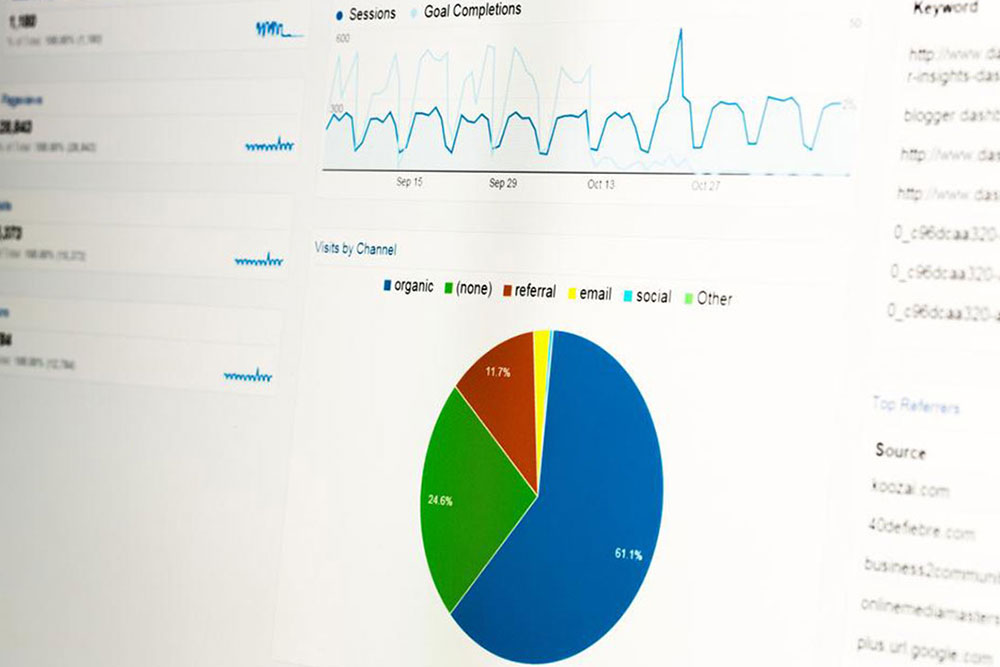Debunking common misconceptions about online Ph.D. programs
Online Ph.D. programs are often misunderstood. This article clarifies common myths, emphasizing that accredited online doctorates are credible, rigorous, and cost-effective. Understanding these facts helps prospective students make confident decisions about their educational paths.

Debunking common misconceptions about online Ph.D. programs
Choosing an online Ph.D. program often leads to certain misconceptions that can cloud judgment. As online doctoral studies gain popularity, skepticism about their validity and quality increases. It's important to clarify these misunderstandings to help prospective students make informed decisions. Many people dismiss online Ph.D.s without fully understanding their structure or benefits. Below are some prevalent myths about online doctoral programs that need to be addressed.
Online Ph.D. degrees are less reputable
This misconception stems from confusion around accreditation. Many assume online degrees lack credibility, but if the institution is properly accredited by recognized authorities, its online programs hold the same value as traditional campus-based degrees. Recognition by government agencies ensures the degree’s legitimacy and worth.
Online doctorates are less challenging
While online programs may require fewer face-to-face interactions, the academic rigor remains high. Students must complete substantial research, write dissertations, and make presentations, just like in traditional settings. The online format does not reduce the difficulty or importance of the work involved.
Lower cost doesn’t mean lower quality
Many online Ph.D. programs are more affordable, especially from accredited universities. Affordability does not compromise educational standards. Reputable online institutions offer quality education, and the flexibility of online learning does not diminish academic integrity.









